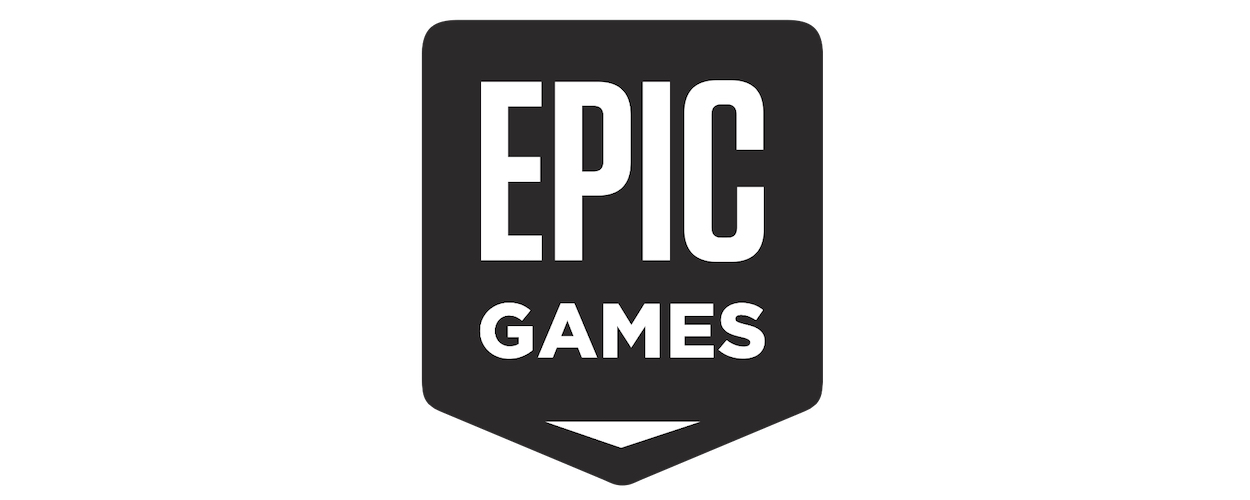This website uses cookies so that we can provide you with the best user experience possible. Cookie information is stored in your browser and performs functions such as recognising you when you return to our website and helping our team to understand which sections of the website you find most interesting and useful.
Business News Digital Legal
Judge unlikely to force Fortnite back into App Store while Epic v Apple battle continues
By Chris Cooke | Published on Tuesday 25 August 2020

A US judge yesterday basically sided with Apple on one key element of the tech giant’s ongoing legal battle with ‘Fortnite’ maker Epic Games. Although she added that the big bust-up over the ‘Fortnite’ app probably shouldn’t impact on other Epic products, in particular its Unreal Engine.
Epic, of course, has gone to war over Apple’s App Store policies, in particular the rules relating to in-app payments. It doesn’t like being forced to use Apple’s own payment system where the tech giant gets to grab a 15-30% commission. Epic’s grievances are shared by Spotify, with both companies arguing that Apple’s policies are anti-competitive.
Spotify opted to just stop taking in-app payments to avoid Apple’s fees. It then helped instigate an investigation by the European Commission’s competition law regulator into the App Store rules, while launching a consumer-facing website setting out why it thinks Apple’s conduct in this domain is anti-competitive, and therefore ultimately bad for the consumer.
Epic, meanwhile, decided to go nuclear in its big Apple beef, introducing an alternative payment system into its ‘Fortnite’ app, knowing that doing so would result in the game being kicked out of the App Store. It then sued Apple for anti-competitive conduct in the Californian courts, while launching a bombastic communications campaign seeking to rally the ‘Fortnite’ faithful in some united Apple dissing.
After filing its lawsuit against Apple, Epic went back to court last week seeking an injunction that would put on hold any sanctions instigated by its rival in response to the ‘Fortnite’ app changes pending the outcome of the wider competition law litigation.
Those sanctions go beyond ‘Fortnite’ being banned from the App Store. Apple is cutting off Epic’s access to its developer tools, which will impact all Epic products, including the Unreal Engine. The latter is used by a plethora of other third party developers, meaning the impact of Apple’s sanctions will be felt way beyond Epic HQ.
In the rapidly developing dispute, Apple then filed its own legal papers last weekend, defending its sanctions against Epic and arguing against the issuing of any injunction.
Apple’s key argument was that the harm Epic is now experiencing by being cut off from its App Store and developer tools was entirely self-inflicted. It could have pursued its competition law action without first amending its ‘Fortnite’ app in a way that breaks Apple’s rules.
And, indeed, it could re-amend the app at any time, so that the sanctions Apple has instigated would end, even while the lawsuit proceeded.
In a court hearing yesterday, judge Yvonne Gonzalez Rogers basically agreed with Apple. She said that Epic did not come to the court with “clean hands” because it had deliberately broken Apple’s rules in a “calculated move” to create a PR storm.
Therefore she didn’t see it as the court’s role to stop a harm that had basically been caused by the actions of the harmed. Plus, as Apple had stated, Epic could stop that harm at the “flip of a switch”, by removing the alternate payment options from its iOS ‘Fortnite’ app.
However, Rogers added that, while she didn’t see it as the court’s role to intervene regarding the ‘Fortnite’ app itself, Apple’s decision to instigate sanctions against the wider Epic business, including the Unreal Engine, did seem like “overreach”.
According to Law360, the judge stated: “What Apple has done has reached beyond its one contract with Epic Games and is using its hard leverage and has slammed Epic Games with this additional penalty. It does to me look retaliatory”.
Addressing Apple’s legal reps, she said that she didn’t see how it would cause Apple any harm if she restrained the tech giant regarding the wider sanctions against Epic and the Unreal Engine.
At the end of the hearing, Rogers said that she would issue an order on the temporary injunction quickly. As for the full legal battle over Apple’s App Store rules, that is unlikely to get properly to court until early 2021.





